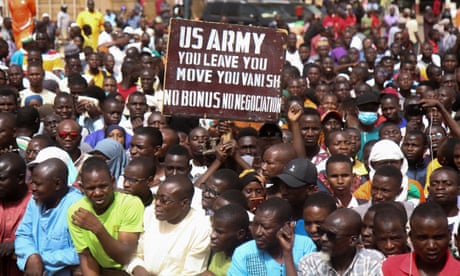When Statistics South Africa (Stats SA) released the latest GDP growth figures for Q4 2023 in February 2024, an exuberant Ms Khumbudzo Ntshavheni, Minister in the Presidency, could hardly contain her pleasure. Growth had increased by 0.1% in the quarter, translating to an annual GDP growth of 0.6% in 2023 after an expansion of 1.9% in 2022.
This growth is particularly encouraging as it surpasses pre-pandemic levels. It indicates a resilient economy showing signs of recovery and bettering previous strength. We are pleased to see the transport, storage, and communication industries leading the growth.
This modest uptick in GDP is a testament to the concerted efforts of various sectors and stakeholders in navigating the complexities that were posed by the Covid-19 pandemic and other domestic and global challenges, she declared.
The eagerness with which the government has leapt to brandish even modest growth is testament that it needs all the good news it can muster in the run-up to the general election, scheduled for 29 May. South Africa is one of 64 countries that will be holding elections before the year is out making it a record year in terms of the polls. The election also marks the 30 th anniversary of continuous ANC rule since 1994. The post-apartheid generations have only experienced ANC rule.
What impact the economic growth announcement may have on voters is difficult to judge, given that the countrys poor and low-income populations have had to endure half a decade of tough economic times.
The South African backstory is still uniquely beholden to the legacy of apartheid. In his National Budget 2024 speech to parliament in Cape Town in February, Finance Minister Enoch Godongwana reiterated: The budgets we have tabled since democracy in 1994 have been about securing the goal of growing the economy, so that we can do more to address the inequalities and deprivation that still scar our society and undermine the promise of democracy.
The government is making the most out of very limited resources. We continue to support GDP growth; reduce the growth of government debt and the cost of debt; allocate more funds for core services; provide for the social wage and preserve infrastructure budgets.
As it is the ruling ANC has borne the brunt of a relentless onslaught of negative sentiments and pessimism over the state of the economy, the countrys finances and society. Some of it is the usual hurly-burly caused by electoral cycles but a good deal of the criticism is well deserved.
The split from the ANC of erstwhile President Jacob Zuma, who recently launched his new uMkhonto WeSizwe Party which according to the latest poll has 13% of the popular vote along with perceived ANC fatigue, has raised speculation that the party of Madiba may lose its absolute majority for the first time since 1994. However, only someone very poorly informed would write off the ANCs dominance of the South African body politic. It would require a change of seismic proportions for the ANC not to be heading the next government come the end of May 2024.
No one, including President Cyril Ramaphosa and Finance Minister Enoch Godongwana, is in any real doubt that despite the modest growth, the economy is in a dire state. However, with sustained efforts to get out of adversity coupled with the governments anti-corruption drive which has started to bear results and a projected upward growth trajectory over the next three years, there is cautious optimism.
A good deal of this will depend on being able to iron out operational logjams such as tangled transport logistics and delays, especially at the port of Durban, and the persistent power cuts. If this can be successfully done, it could generate a real GDP growth scenario of 4-5% per annum in the medium term.
But South Africas economy like other economies, African and elsewhere is hostage to the global economy, which is still in the recovery phase, although the outlook is brightening.
The updated IMF World Economic Outlook in January 2024 projects global real GDP growth at 3.1% in 2024 and 3.2% in 2025. To IMF Managing Director Kristalina Georgieva this represents resilience, supported by inflation falling faster than expected. The emerging and developing markets are leading the growth rates table, which the advanced economies can only dream of, but double digit rates have been as rare as unicorns.
The average annual GDP growth projection for the advanced economies is 1.6%, in contrast to 3.7% for sub-Saharan Africa (SSA) and 4.1% for the emerging and developing economies. GDP growth for SSA is estimated at 3.3% in 2023, projected to rise to 3.8% in 2024 and 4.1% in 2025. South Africas GDP growth, estimated at 0.6% in 2023, is projected to rise to 1.0% in 2024 and 1.3% in 2025.
The fact that Stats SA confirmed the actual 2023 figure suggests that the economy is on track t












